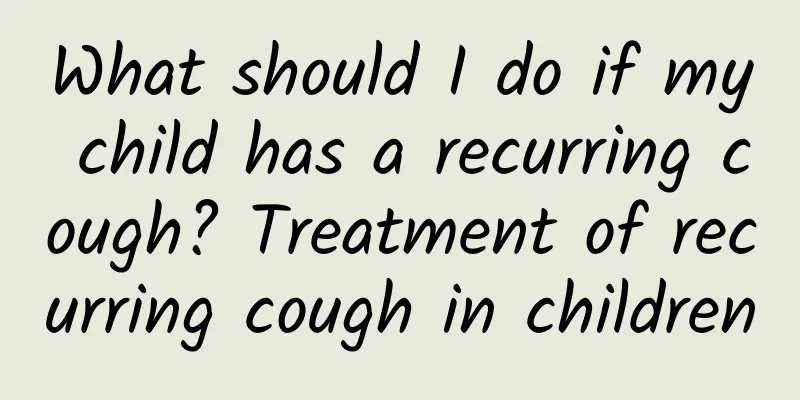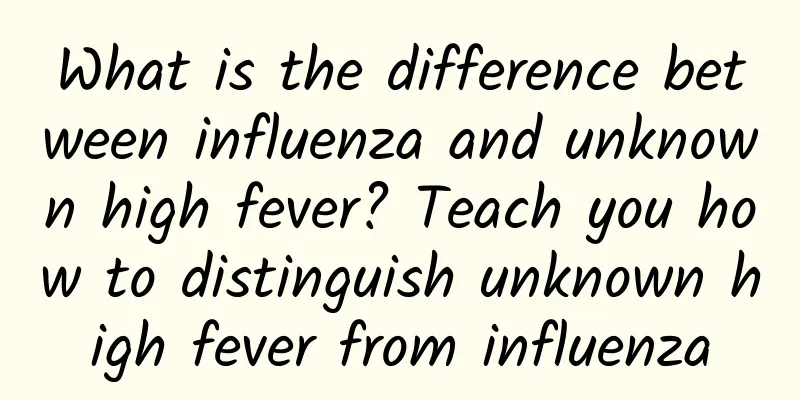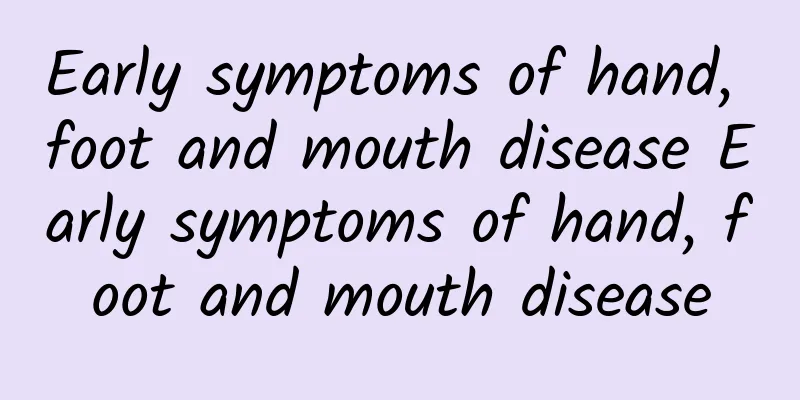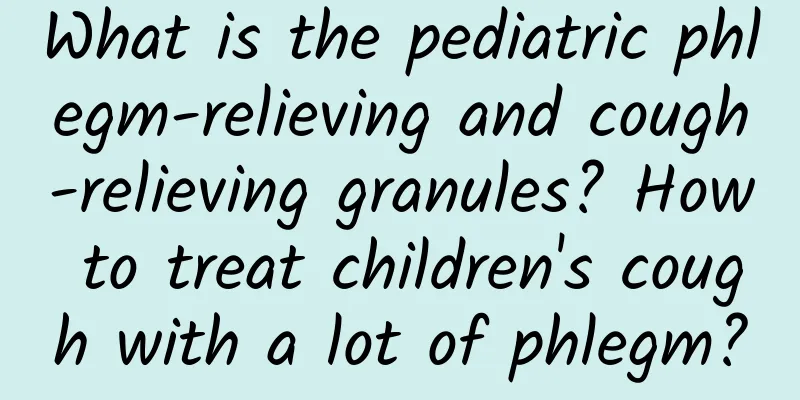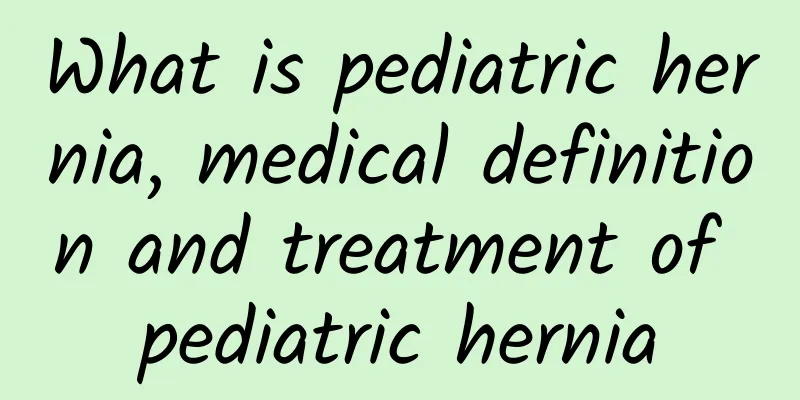What are the causes of diarrhea in children?

|
The causes of pediatric diarrhea may include infection, food intolerance, allergies, digestive system disorders and other factors. Parents should observe their children's symptoms and seek professional help in time. The following is an analysis of the causes of pediatric diarrhea from the perspectives of genetics, environmental factors, physiological factors and pathological conditions. 1 Infectious factors Bacteria, viruses and parasites are the main sources of infection that cause diarrhea in children. For example, rotavirus is a common cause of viral diarrhea in young children, while pathogenic Escherichia coli can cause bacterial diarrhea. Infectious diarrhea is often accompanied by symptoms such as fever, vomiting or dehydration, and medical attention should be sought promptly. In terms of treatment, mild viral diarrhea is mainly treated with oral rehydration salts to prevent dehydration, while severe cases may require intravenous rehydration. Bacterial diarrhea may require the use of antibiotics under the guidance of a doctor, such as amoxicillin, ceftriaxone or levofloxacin. Parasitic infections require drug anthelmintic treatment. 2 Food-related factors Food intolerance or allergies can also cause diarrhea. Some children are intolerant to lactose or food proteins such as milk and soy, and suffer from indigestion and diarrhea after eating. Eating too many cold drinks and fatty foods may also increase the gastrointestinal burden. For this type of diarrhea, adjusting the diet is the key. For example, children with lactose intolerance can choose lactose-free milk powder, and children with food allergies need to avoid related allergens. 3. Underdeveloped digestive function Children's digestive systems are not fully developed yet. Insufficient secretion of gastrointestinal digestive enzymes or abnormal peristalsis can cause diarrhea, especially when supplementary food is improper, too complicated or too large. When parents add new food to their children, they should follow the principle of "from less to more, from thin to thick, from single to diverse" to gradually improve their children's digestive adaptability. 4Environment and sanitation Bad hygiene habits and environmental hygiene are important causes of diarrhea in children. Children's contact with unwashed food, unclean tableware or toys, and drinking contaminated water may cause diarrhea. Preventive measures include washing hands frequently, washing food thoroughly before eating, and avoiding feeding children raw meat and eggs. 5 Pathological diseases Certain serious diseases such as inflammatory bowel diseases such as Crohn's disease, ulcerative colitis, early tumors or pancreatic insufficiency may also manifest as diarrhea, but these causes are relatively rare. If a child has long-term chronic diarrhea, he or she needs to be sent to the doctor for examination as soon as possible. Endoscopy, imaging screening, etc. may be required to determine the cause. The causes of pediatric diarrhea are complex and varied. The key is to identify the cause and take targeted measures to solve it. For any diarrhea symptoms accompanied by severe dehydration, mental depression or persistent diarrhea, you should seek medical attention immediately and take correct treatment and care methods under the guidance of a doctor. Parents should pay attention to the diet and hygiene of infants and young children, help children enhance their immunity, and try to avoid diarrhea. |
<<: How to improve thinning hair for girls
>>: Can children with diarrhea take Enteritis Ning?
Recommend
The harm of long-term diarrhea in children
What are the harms of diarrhea to children? Child...
What to do if your child is malnourished? Treatment of malnutrition in children
Malnutrition is usually caused by insufficient pr...
What are the treatment principles for children's cough?
The treatment of children's cough requires ta...
How much does acute laryngitis in children cost?
At present, the incidence of acute laryngitis in ...
How to treat a child with a severe cough How to treat a child with a severe cough
The temperature fluctuates when the seasons chang...
What are the nursing measures for Kawasaki disease?
In daily life, we should learn more about some co...
Mid-term treatment of childhood kidney disease
The main population for prevention of kidney dise...
What are the symptoms of protein malnutrition syndrome? How to treat protein malnutrition syndrome?
Everyone's body structure and physical fitnes...
Can children with acute laryngitis do strenuous exercise?
Can children with acute laryngitis do strenuous e...
What should I do if my baby has a severe cough? What should I pay attention to if my baby has a severe cough?
Generally speaking, children with mild coughs do ...
How to avoid the harm caused by pneumonia in children
Parents and friends all have a certain understand...
What are the early symptoms of a cold in babies? Is the temperature of a cold in babies usually above 39°C?
The early symptoms of a cold in infants vary main...
What are the symptoms of malnutrition in a 1-year-old baby?
A 1-year-old baby with malnutrition usually has s...
Will acute laryngitis in children affect their speech?
Will acute laryngitis in children affect their sp...
What are the methods for examining acute laryngitis in children?
What are the methods for checking acute laryngiti...
